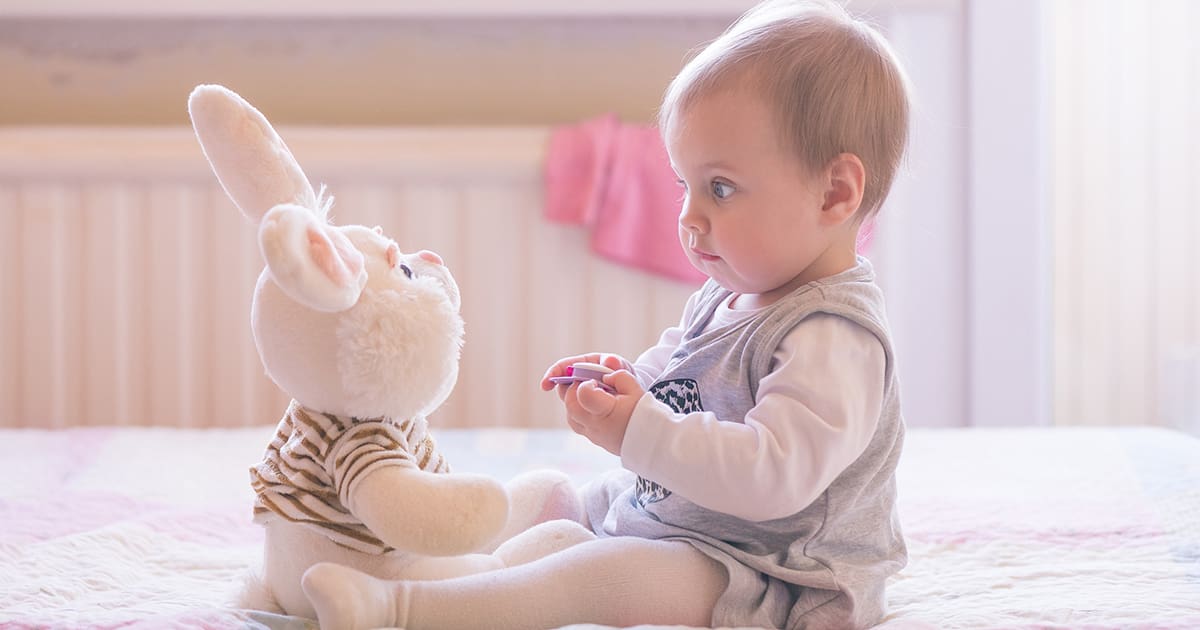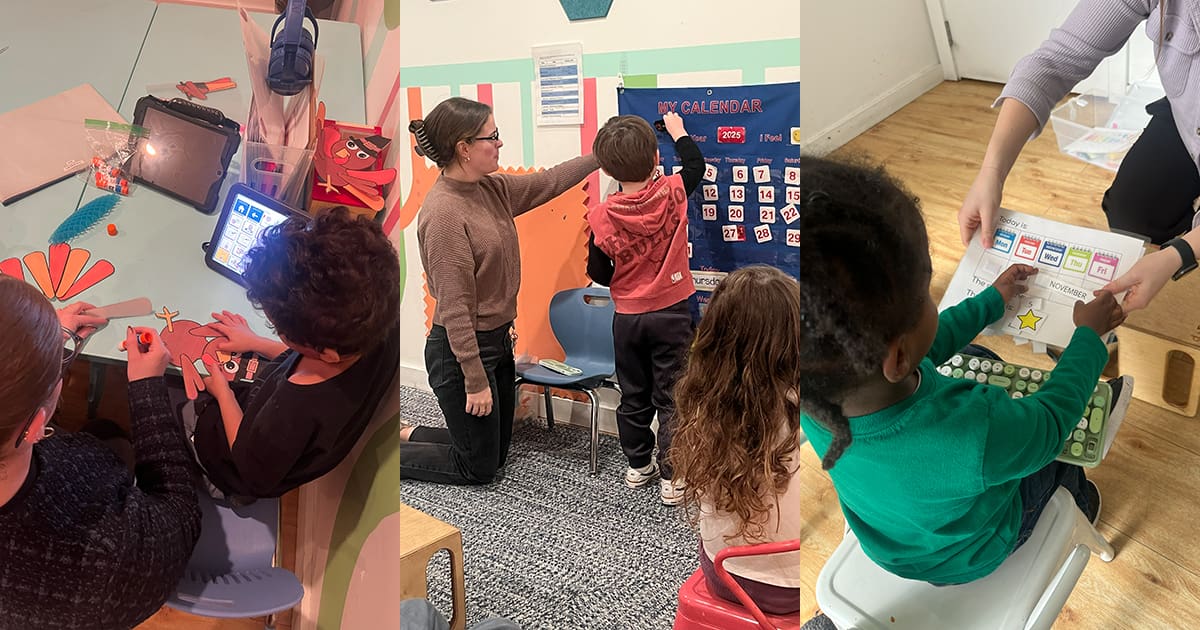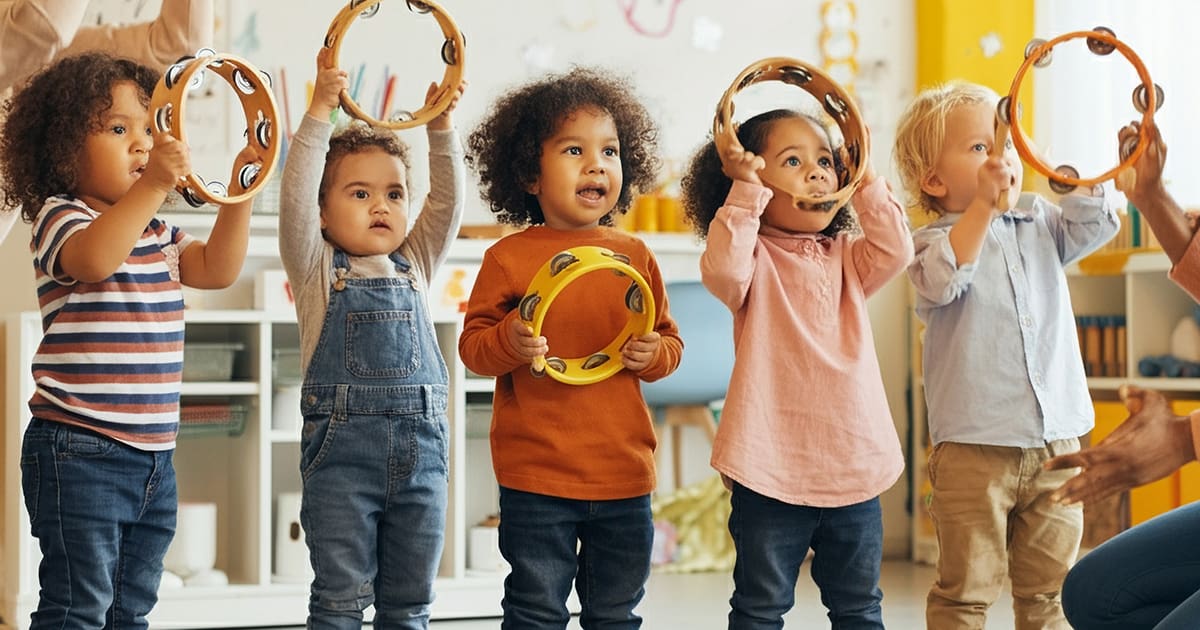Share this Post

Eye contact is often one of the first ways we connect with others. It conveys emotion, builds trust, and strengthens communication. However, for children with autism, making or maintaining eye contact can be a challenge. It’s not a lack of interest or connection, but rather a unique way their brain processes social interactions.
At CST Academy, we understand that each child’s journey with eye contact is deeply personal. Our compassionate team works alongside families to foster meaningful connections while respecting each child’s comfort level and individuality. Through tailored therapies, we create opportunities for children to develop social engagement skills in a way that feels natural and empowering.
Why Eye Contact Can Be Challenging for Children with Autism
Eye contact may seem like a simple act, but it involves a complex interplay of sensory, social, and cognitive processes. For children with autism, this interaction can sometimes feel overwhelming.
Common Reasons for Eye Contact Challenges Include:
- Sensory Sensitivities: The intensity of direct eye contact may be overstimulating.
- Difficulty Processing Social Cues: Eye contact requires interpreting subtle signals, which can feel confusing.
- Focus on Other Stimuli: Children may prioritize auditory or other sensory information over visual cues.
- Discomfort or Anxiety: For some children, maintaining eye contact can feel emotionally or physically uncomfortable.
It’s important to recognize that avoiding eye contact doesn’t mean a lack of connection or engagement. Instead, it reflects the unique way a child experiences the world.
How CST Academy Supports Eye Contact Development
At CST Academy, our goal is not to force eye contact but to create opportunities for natural, meaningful engagement. We use evidence-based strategies to gently encourage social interaction while respecting each child’s comfort level.
1. Building Trust and Comfort
We prioritize creating a safe, supportive environment where children feel comfortable exploring new skills. Our therapists develop strong, trusting relationships with each child, fostering a sense of security that encourages social interaction.
2. Play-Based Therapy
Play is a natural way for children to engage and connect. Through games, pretend play, and interactive activities, we incorporate moments where eye contact naturally occurs.
Examples of Play-Based Strategies Include:
- Peek-a-boo games that encourage brief, joyful eye contact.
- Turn-taking games, such as rolling a ball, where eye contact becomes part of the interaction.
- Activities that focus on shared attention, like looking at a toy or picture together.
3. Using Visual and Verbal Cues
For children who are learning to engage with eye contact, we use gentle cues to guide their attention. These cues might include pointing to our own eyes, using a favorite toy to draw their gaze, or giving verbal prompts like “Look at me!” in a playful tone.
4. Gradual Progression
We understand that every child progresses at their own pace. Our therapists set small, achievable goals for eye contact, gradually building the child’s confidence and comfort. For example:
- Encouraging brief glances during activities.
- Extending the duration of eye contact over time.
- Reinforcing successes with praise or positive reinforcement.
5. Parent Collaboration and Support
Parents are an essential part of a child’s growth, and we work closely with families to support eye contact development at home.
Parent Strategies Include:
- Positioning yourself at eye level to encourage natural eye contact.
- Using favorite toys or snacks to capture your child’s attention.
- Celebrating even small moments of connection to build confidence.
Why Eye Contact Matters
While eye contact is often associated with communication, its benefits extend far beyond social interactions. Developing comfort with eye contact can enhance a child’s ability to engage in the world around them.
Key Benefits Include:
- Improved Communication Skills: Eye contact helps children interpret facial expressions and emotions.
- Strengthened Relationships: Shared eye contact fosters trust and connection with caregivers, peers, and therapists.
- Enhanced Attention and Focus: Looking at someone while listening supports comprehension and engagement.
- Confidence Building: Achieving milestones in eye contact reinforces a child’s sense of accomplishment.
Respecting Individuality and Celebrating Successes
It’s essential to recognize that every child with autism is unique. While some children may develop comfort with eye contact, others may find alternative ways to connect and communicate. At CST Academy, we celebrate all forms of connection—whether through a glance, a smile, or a shared moment of joy.
Why Families Choose CST Academy
Families trust CST Academy because of our dedication to providing compassionate, individualized care that helps children with autism thrive. Here’s why parents choose us:
- Expert Therapists: Our team is trained in evidence-based techniques for fostering social engagement.
- Customized Approach: We tailor strategies to each child’s unique strengths and challenges.
- Collaborative Environment: We partner with families to ensure success extends beyond therapy sessions.
- Focus on Growth: We celebrate every milestone, big or small, with care and compassion.
A Parent’s Perspective: The CST Academy Difference
“When we first started therapy at CST Academy, my daughter avoided eye contact almost completely. The therapists were so gentle and patient, finding creative ways to make her feel comfortable and engaged. Over time, she started making brief glances during play, and now she regularly looks at us during conversations. It’s been incredible to see her progress in such a supportive environment!”
Take the First Step Toward Meaningful Connection
Eye contact is just one of many ways children with autism can connect and engage with the world. At CST Academy, we’re here to guide your family on this journey, offering expert support and a nurturing environment where your child can thrive.
Contact us today to learn more about our therapy programs and how we can help your child grow in confidence and connection.
Discover Our Pediatric Therapy & Autism Care
ABA Therapy
Support for children with autism.
Autism Evaluation
Expert assessments to identify child needs.
Pediatric Therapy Services
Speech, Occupational, Feeding, and Physical Therapy.
Therapeutic Preschool
A classroom environment designed for early learners with unique needs.

Find the Best Care for Your Child




